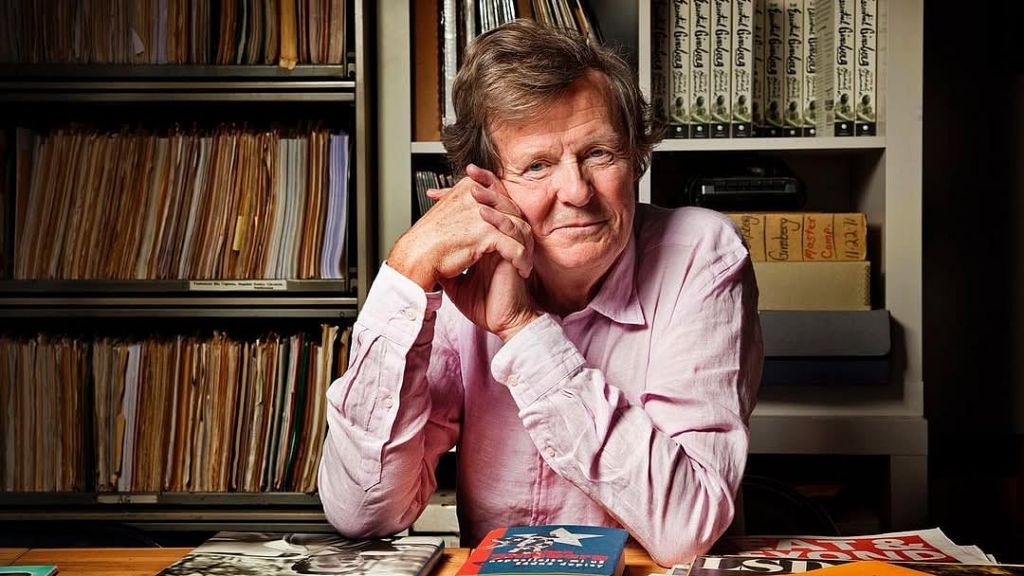
Celebrated playwright David Hare does not see himself as ‘the finest living British dramatist’, a tag which has been bestowed upon him by literary critics around the world. However, he does indeed find it remarkable that he, and a handful of others, have managed to leave an impact on British theatre for so long.
Renowned for iconic works such as Skylight, Plenty and Racing Demon, Hare is also a talented screenwriter and theatre and film director. In India to speak at the Jaipur Literature Festival 2025, he shared highlights from his long and prolific career. We caught up with him for a quick chat about his process.
Excerpts from the interview:
You are often called the ‘finest living British dramatist’. What do you think of this tag?
I don't think that it’s fair. There’s a wonderful saying by Rudyard Kipling. He said, in the republic of letters, all writers are equal. What he meant by that was, that there is no king. It is a republic because only time will tell who survives and who doesn't and you have no clue who will be read in a hundred years' time or performed in a hundred years' time. I would just say that there are about seven or eight of us who've been lucky enough - because of the strength of the British theatre – to have been able to work in the theatre for 60 years and that is very unusual. We've made our living in the theatre and we've been able to survive on royalties from plays for all that time and I'm not sure that the next generation is going to be able to work as long and enjoy the privileges we've had of a wonderful theatre culture to work in.
You’re 77-years-old and you have been writing for more than 50 years. What drives you to keep writing?
Because I've got so much to say before the end! (laughs) I've got four plays that I've written and are going to be performed in the next couple of years. I've never written so many or so much, because if I don't write it now, it'll never get written. I feel the whip of time.
You have very strong opinions about politics and British society. How much does the personal inform the public?
I don't write what they call agitprop. I don't write works that just argue naively for one point of view or another. Indeed, a lot of critics say that I'm best at villains and best at writing people who don't agree with me. That's the fun of being a playwright, to say all sorts of things that you don't yourself believe, but that you can put points of view and people on the stage who are not you. So, I don't think I've ever been a polemical writer like that. But I have argued for a certain point of view underlying my work. And I do think that the theatre in Britain always had that effect of at least putting down a marker so that at a certain point, you would say, this is what I believe is happening and in retrospect, you're seen to be right. What I said in the play Stuff Happens about the invasion of Iraq was right. History has vindicated us and I just think that is a valuable thing to do at the time. That's really what I'm trying to do.
Are you critical of your own work?
Oh yes, I know the flaws of my own work much better than anybody else. I've lived through the flops. I've been booed on the stage. In Germany, when you have a play on and if you're there in the audience, then the author has to appear at the curtain call. I've walked out to a thousand people booing. If a play doesn't go down well with the public, you ask yourself, ‘what on earth did I get wrong there that something that I thought was so incredibly important didn't interest them at all?’ Not much I can do about it, though.
What’s your process as a writer?
There is no writer who doesn't have a routine. I sit down at 9 o'clock every weekday with a pen and paper and then I transfer it to a computer. I read a book about artists' rituals once. Even Mozart, who is meant to be this genius from whom the music just flows, wrote from 5 till 7 every evening. He had a perfectly rigid routine, just like everybody else. And you have to have a rigid routine as a writer.
What are you working on next?
Four plays, a series and a film.